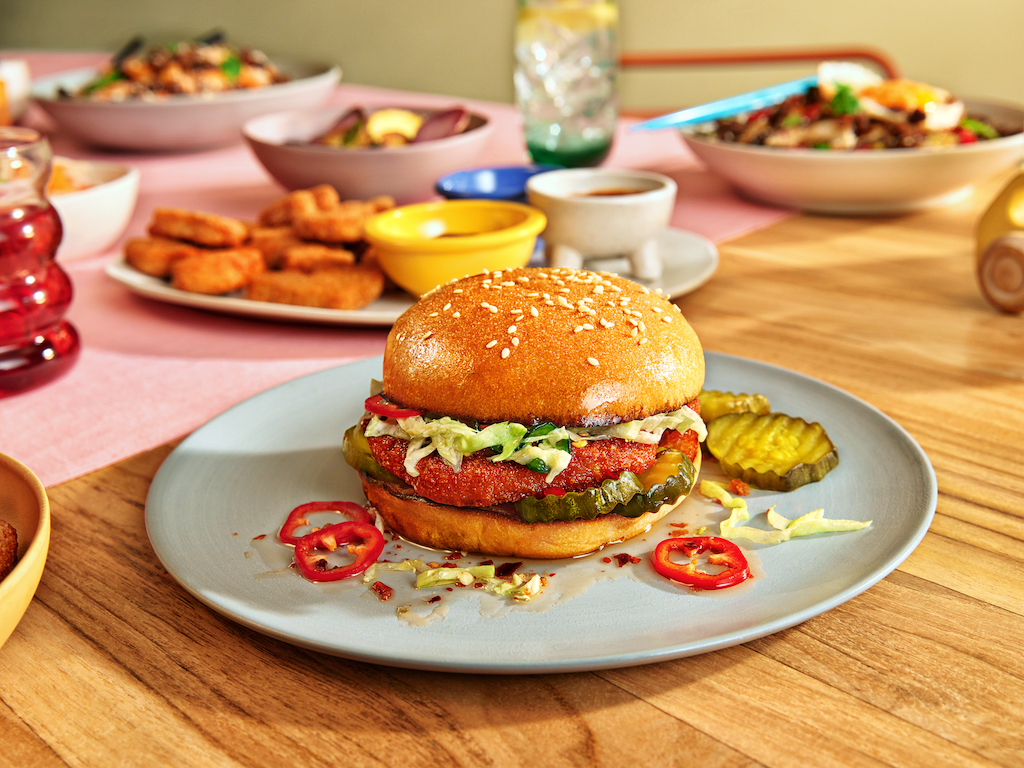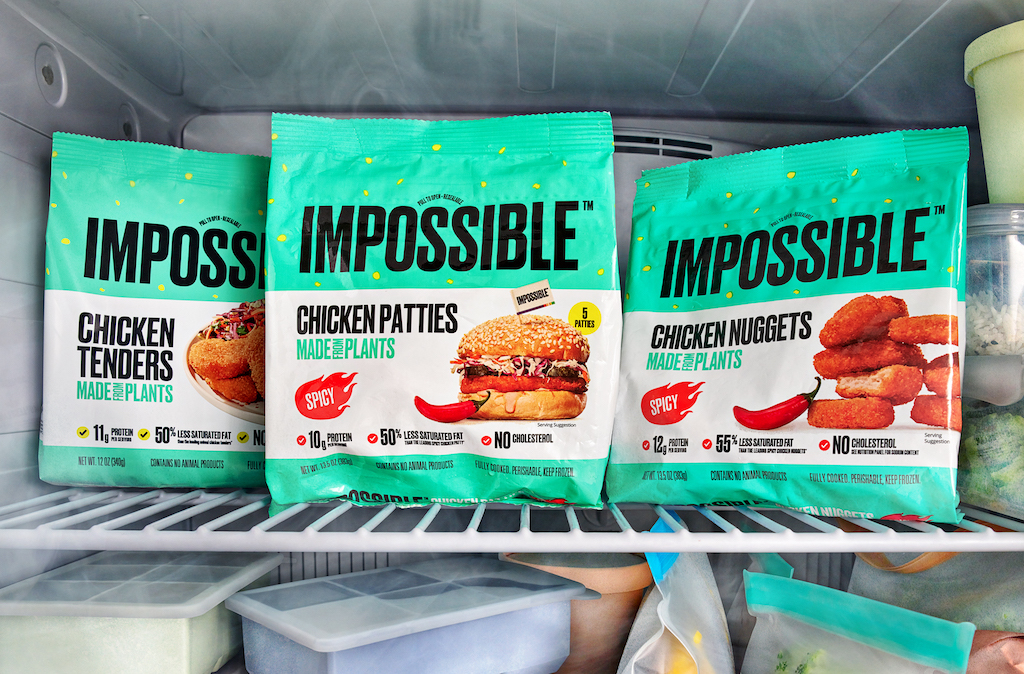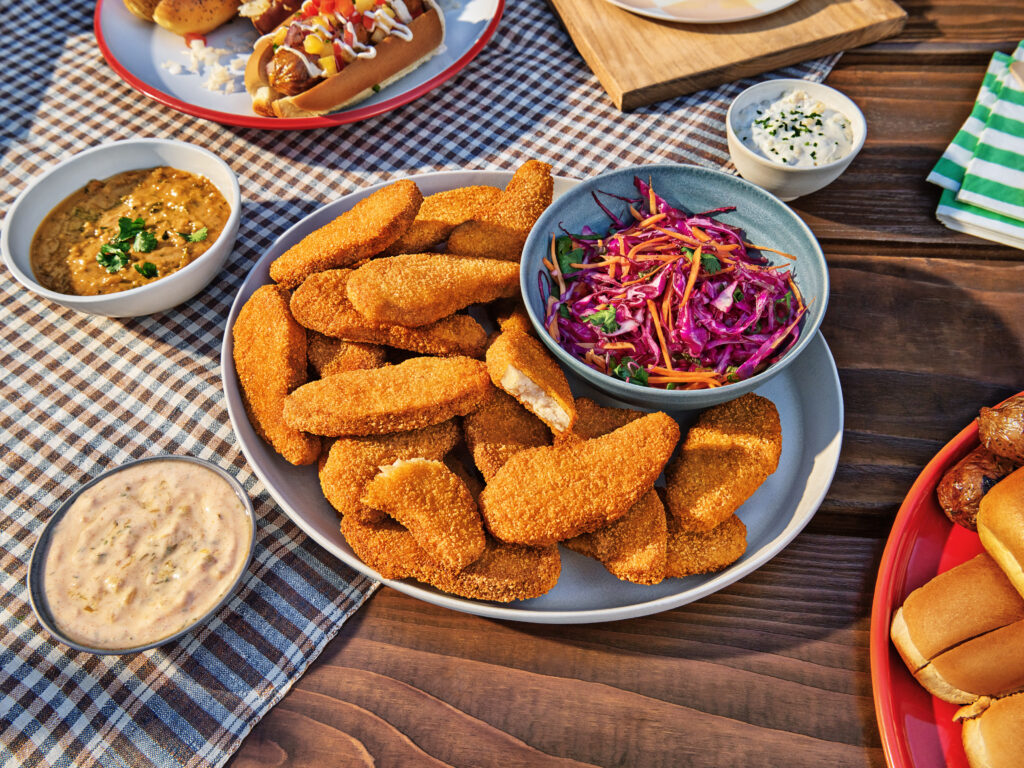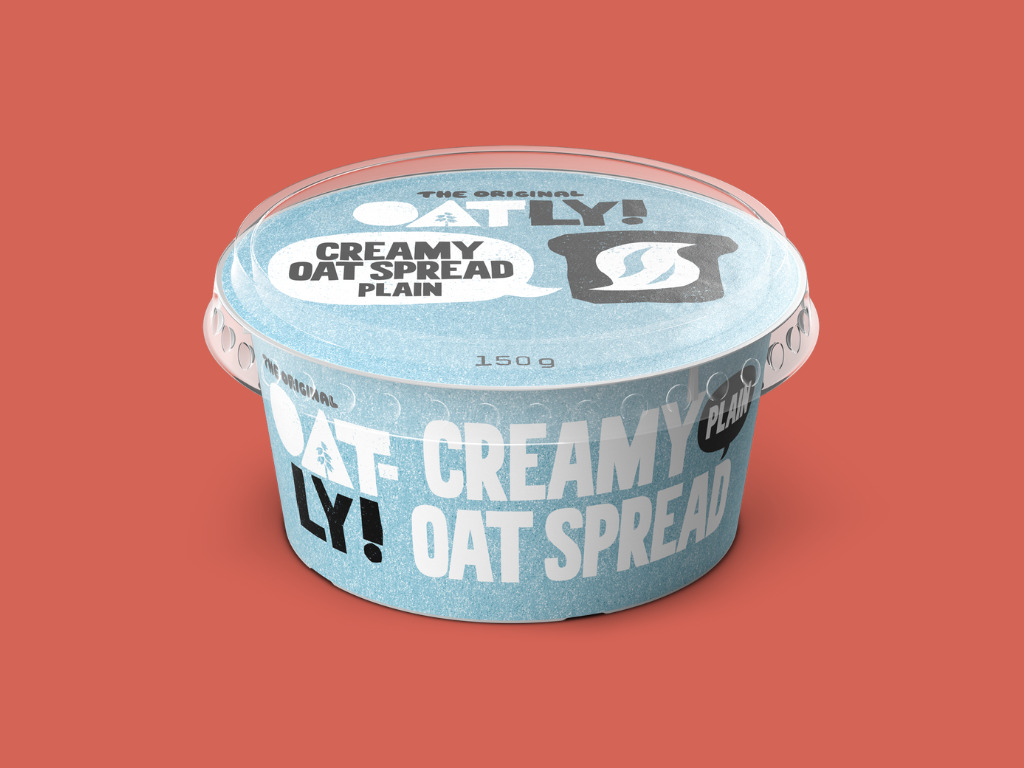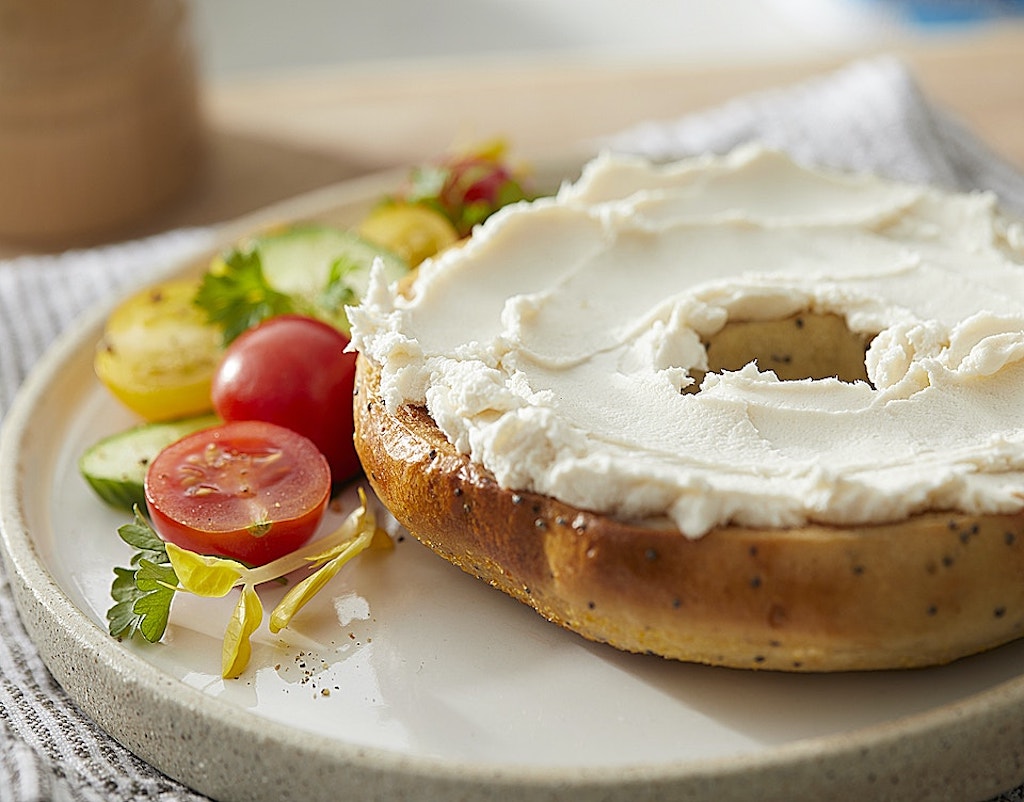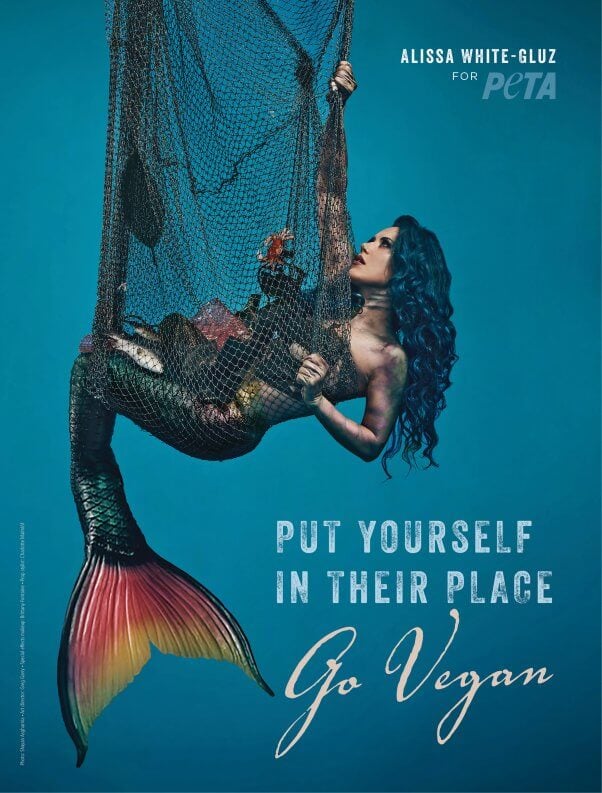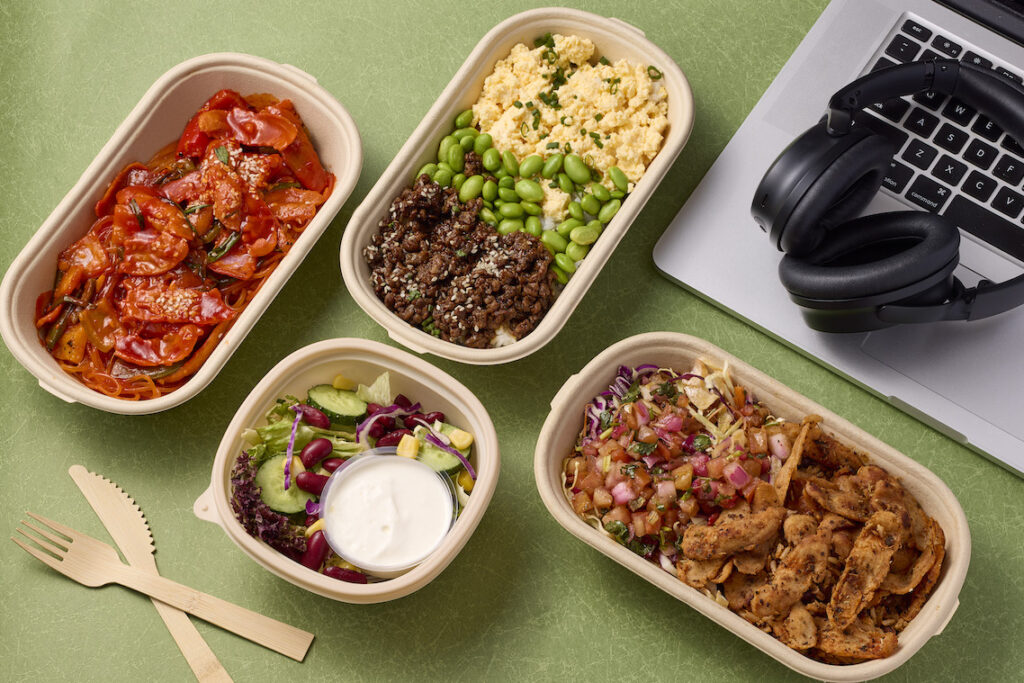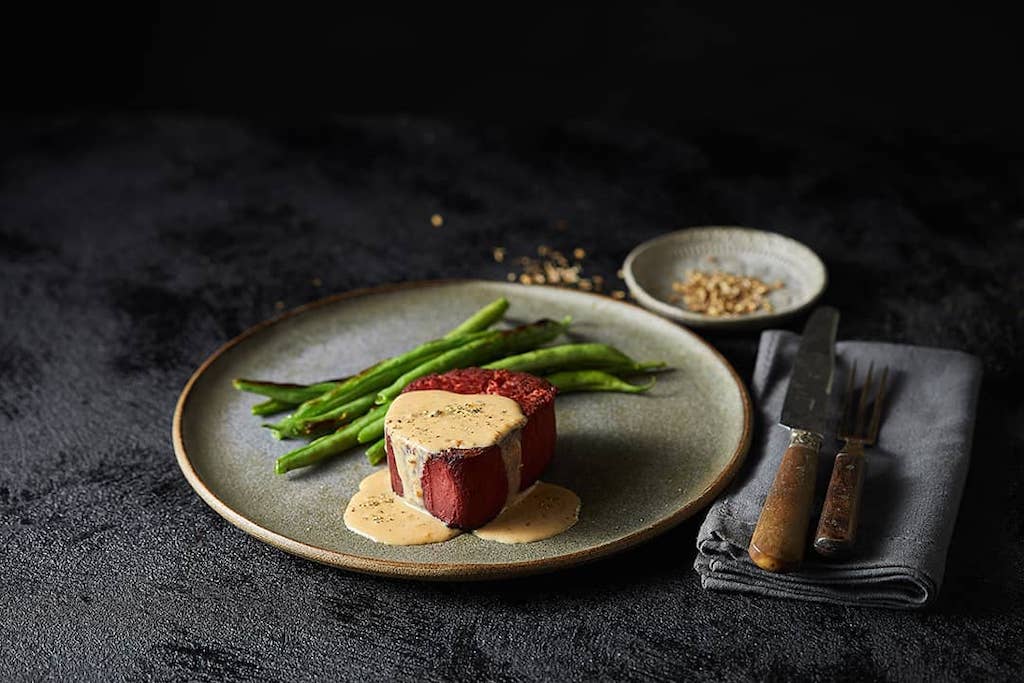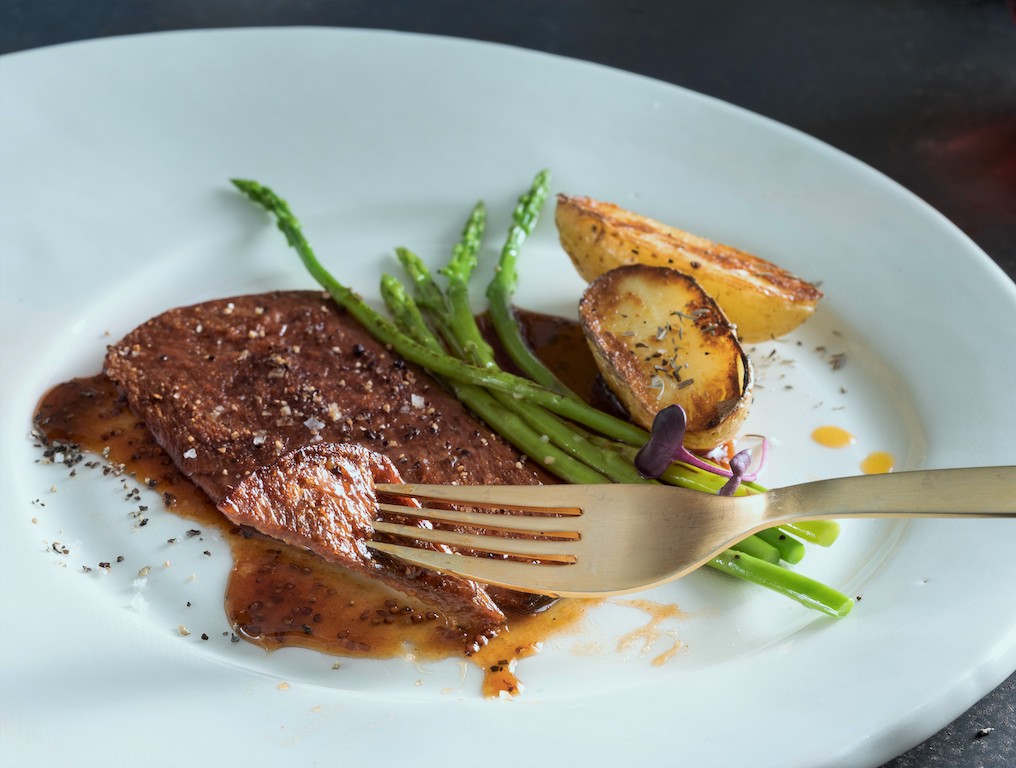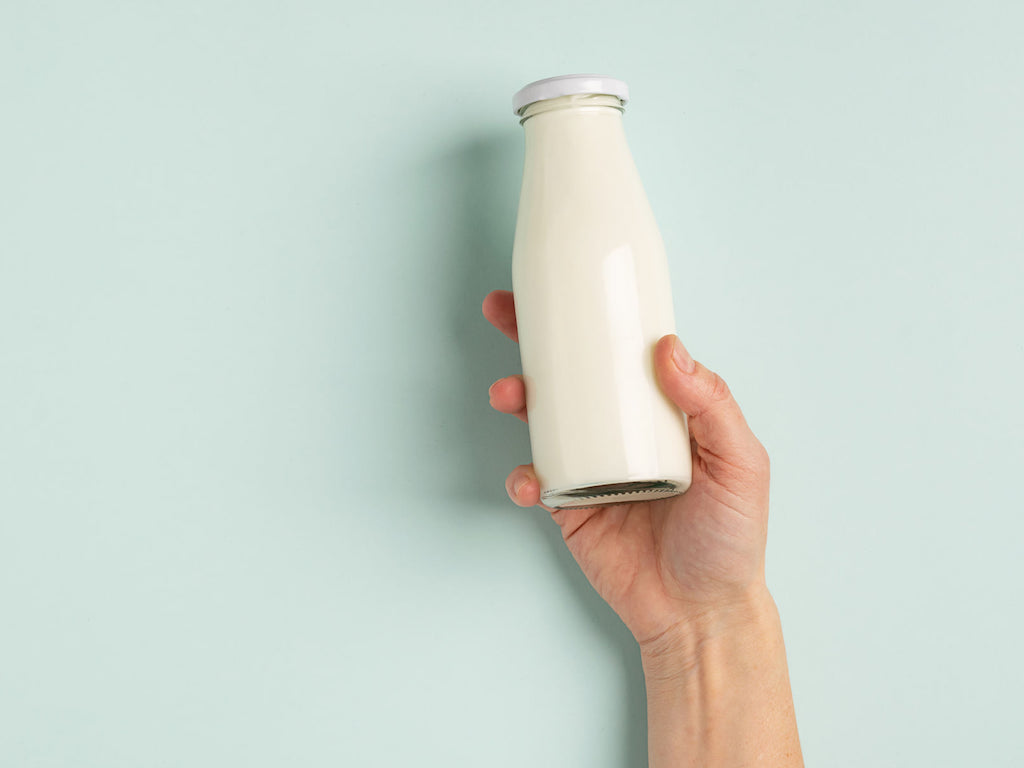
California food tech Impossible Foods has announced a new Beef Lite product with a lower saturated and total fat content that cooks like 90/10 lean beef from cows.
US plant-based meat company Impossible Foods has expanded its plant-based product portfolio with the launch of a new product dubbed Beef Lite, a leaner and less fatty version of their vegan-friendly Impossible Beef mince.
Beef Lite has been created to be “better than lean ground beef” according to the company. The product features 21 grams of protein per serving and no trans fats or cholesterol. Compared to 90/10 lean ground beef, it has 75% less saturated fat and 45% less total fat. In addition the company called out Beef Lite’s sodium content as 33% lower than plant-based beef product from an undisclosed competitor.
The company says Beef Lite can be used in the same cooking applications that consumers use beef for including tacos, lasagna, meatballs and stir-frieds and describes the product’s environmental footprint as being “a fraction of the land use, water consumption, and greenhouse gas emissions” of that of lean ground beef from cows. In addition, Beef Lite does not contain any hormones or antibiotics, both of which are uses heavily by the industrial livestock industry.
Beef Lite remains a more expensive option than lean beef from cows. A 12-ounce pack of Beef Lite retails for $8.99, which is approx. $11.98 per pound. This is compared to $5.64 for a pound of Walmart’s All Natural 90/10 Ground Beef Sirloin and $5.98 for a pound of Marketside Butcher Grass-Fed 90/10 Ground Beef (also sold on Walmart’s website).
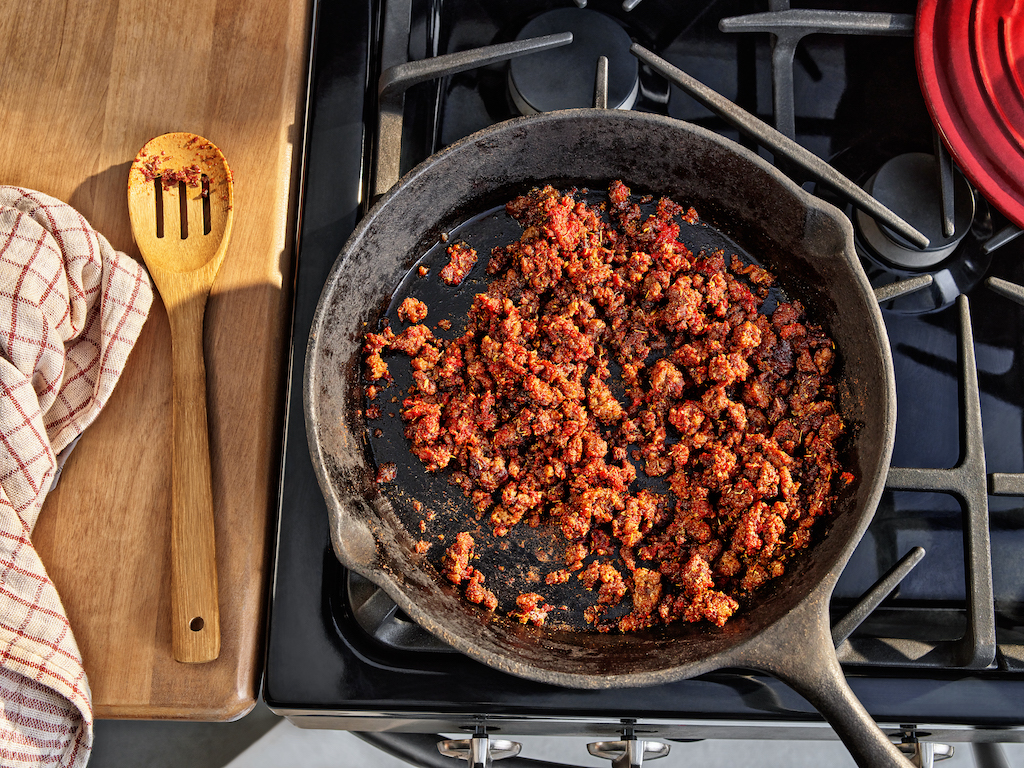
“We’re constantly working to compete with beef in all of the ways that matter to consumers, including nutrition,” said Peter McGuinness, president and CEO of Impossible Foods. “A lot of health-conscious fans and shoppers are looking for a plant-based beef option that’s high in protein and nutrients with even less fat, and Impossible Beef Lite is our solution to that. It’s got 21 grams of high-quality protein, a whopping 75% less saturated fat than lean ground beef from cows, and of course no cholesterol. It’s a perfect plant-based way to customize all of the great recipes that call for lean animal ground beef.”
The is the fourth new Impossible product announced in 2023, with the news coming just a few weeks after the company debuted three new plant-based chicken products including Impossible Spicy Chicken Nuggets, Impossible Spicy Chicken Patties, and Impossible Chicken Tenders. In 2022, Impossible added sausage links, animal-shaped chicken nuggets, chicken patties and a range of eight ready-meal bowls.
Impossible products are available at over 30,000 grocery stores across the US. Beef Lite is being rolled out at select stores in the fresh meat aisle and will add more locations over the next weeks.
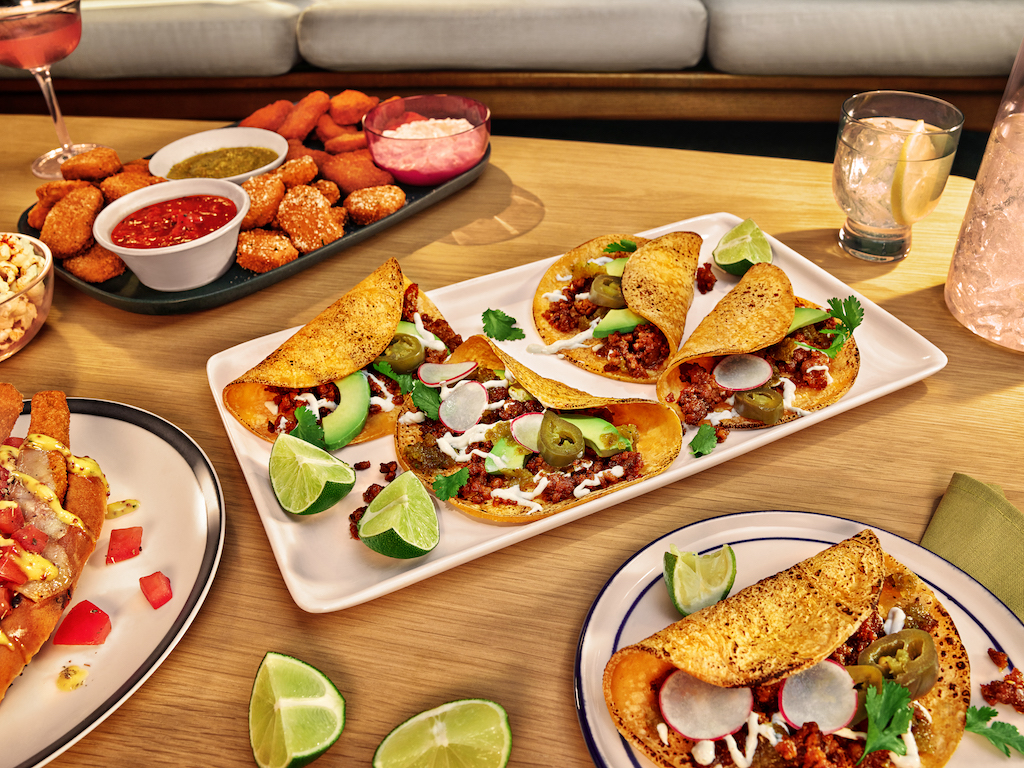
According to the company, Impossible is the fastest-growing plant-based meat brand in US retail with over 50% in sales growth in 2022, and its flagship Impossible Beef product is the the best selling-retail plant-based meat product in the US by volumes and dollar sales. The company has worked to improve taste, texture and the nutrition profile of its meat-free beef since its launch in 2016, updating the recipe both in 2019 and in 2022, when it reduced saturated fat content by 25%.
In a wide-ranging interview with TIME last month about the media controversy around plant-based meat in the US, McGuinness said that Impossible’s nutritional profile was a key driver for consumers of the brand: “It is zero trans fat, zero cholesterol. So you’re eating zero-cholesterol beef. No matter who you are—you’re crazy educated, you’re less educated, you’re rich, you’re less rich, you’re in the middle of the country, you’re on the coast—I don’t think people love cholesterol. So cholesterol-free meat that tastes damn good? Sounds pretty good to me.”
The post Beef Lite: Impossible Foods Launches New Meat Alternative With 45% Less Fat Than Animal Version appeared first on Green Queen.
This post was originally published on Green Queen.

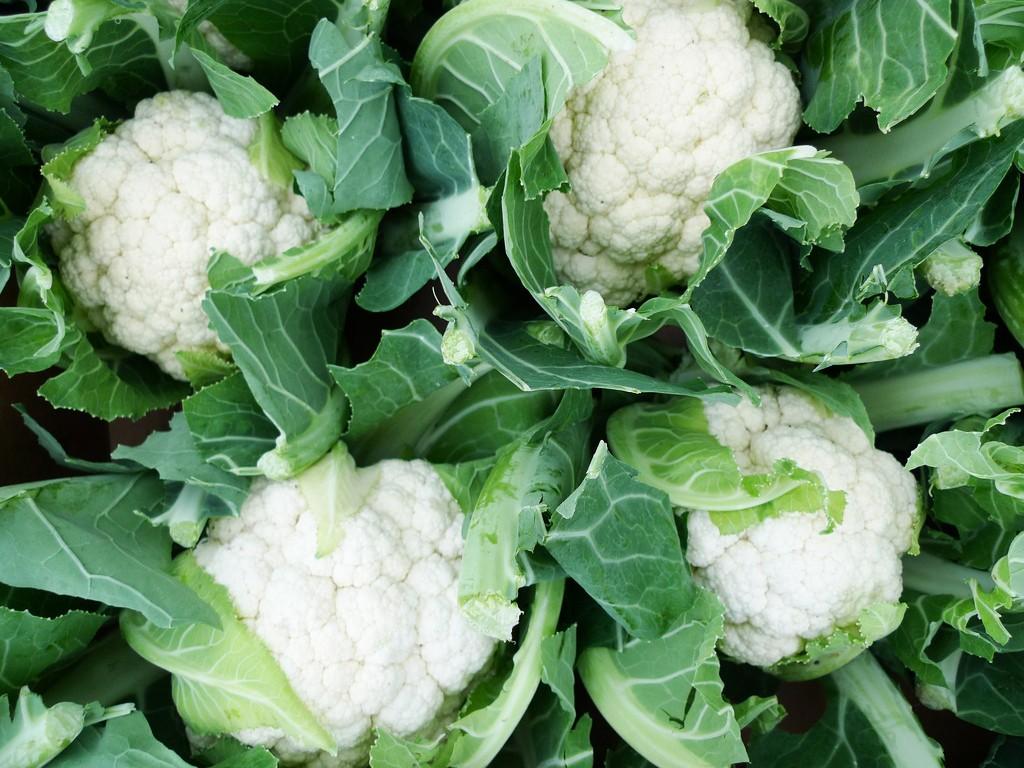

 – Vegan Grocery Guru (@bigboxvegan)
– Vegan Grocery Guru (@bigboxvegan)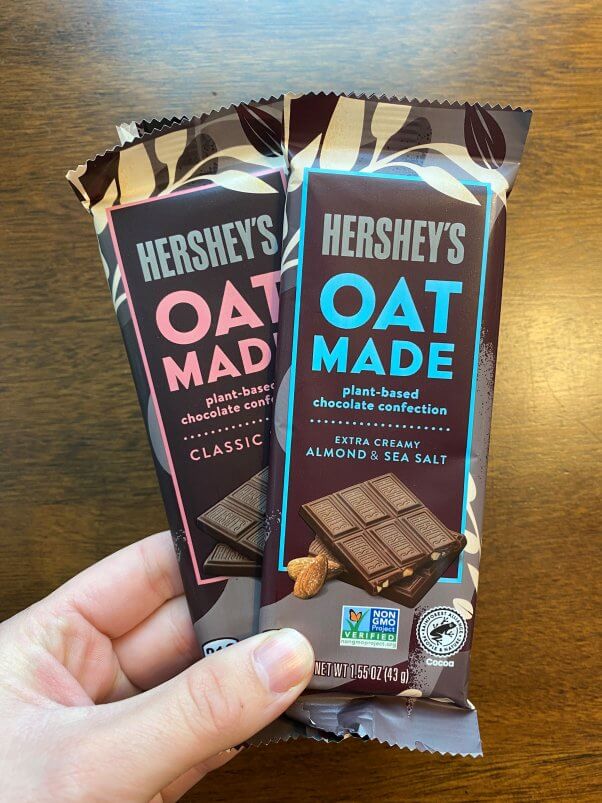
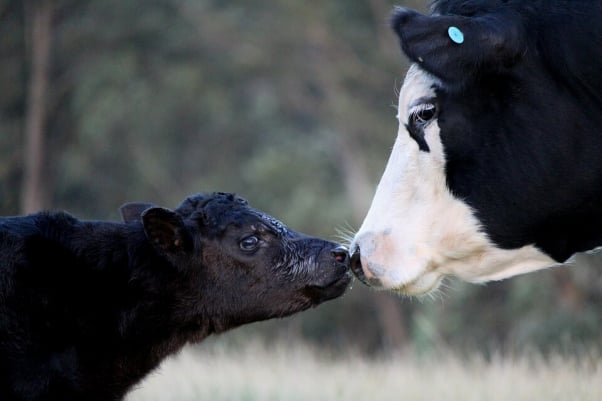

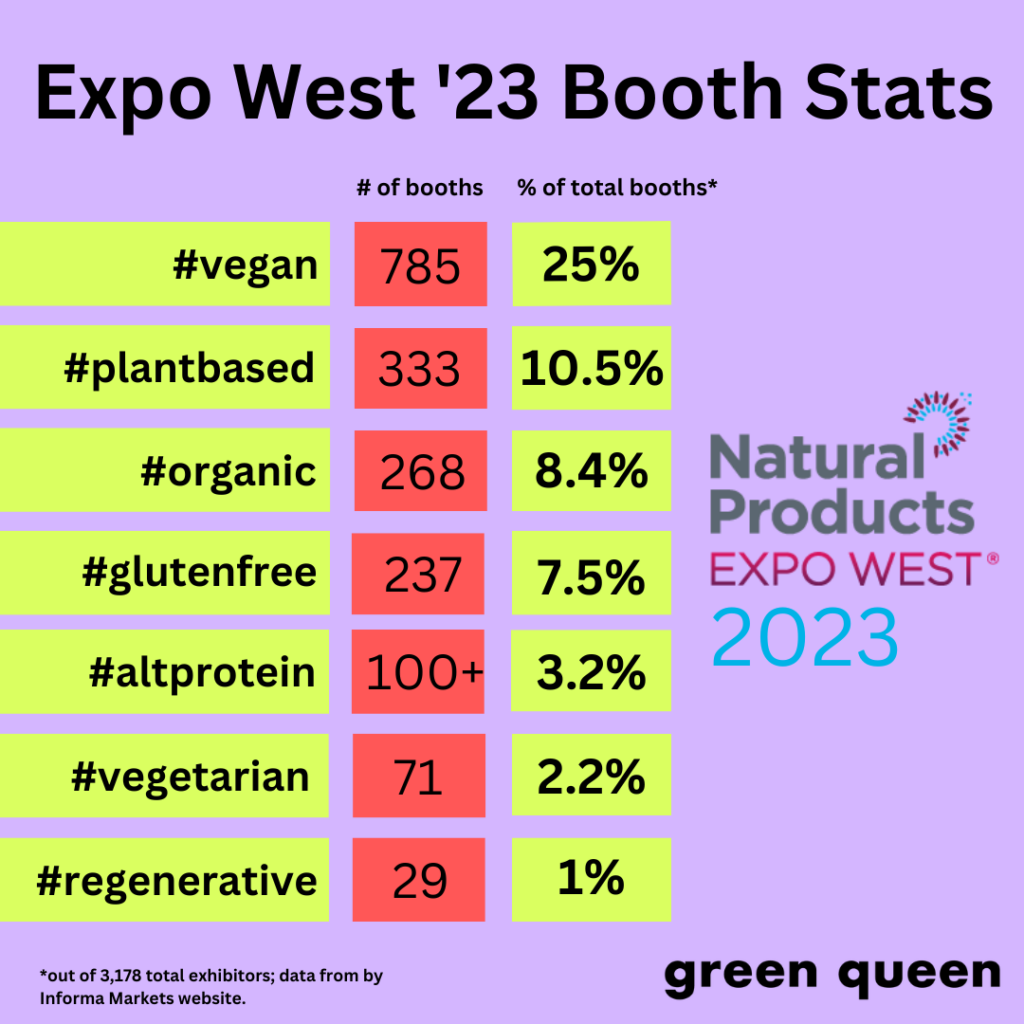

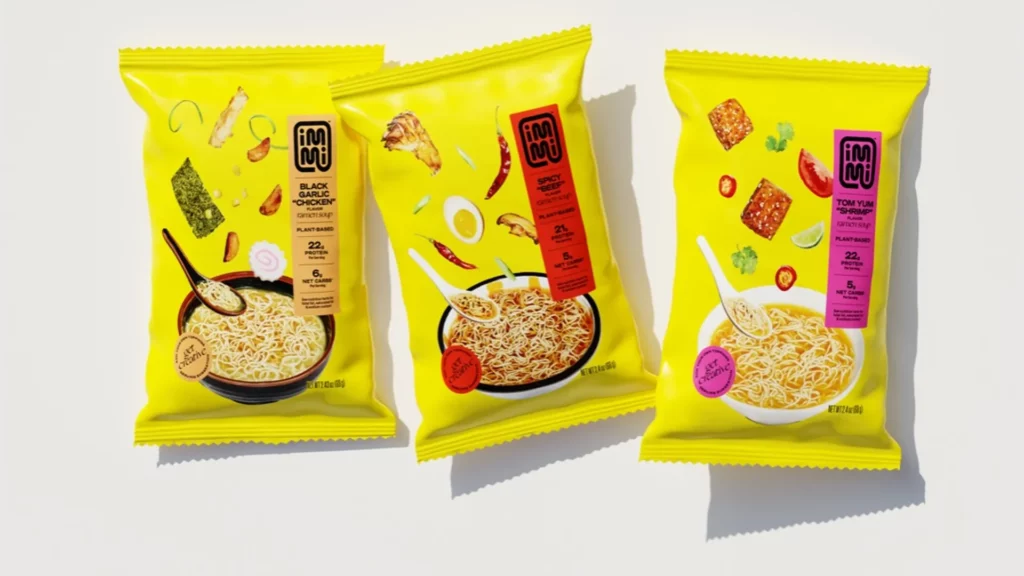
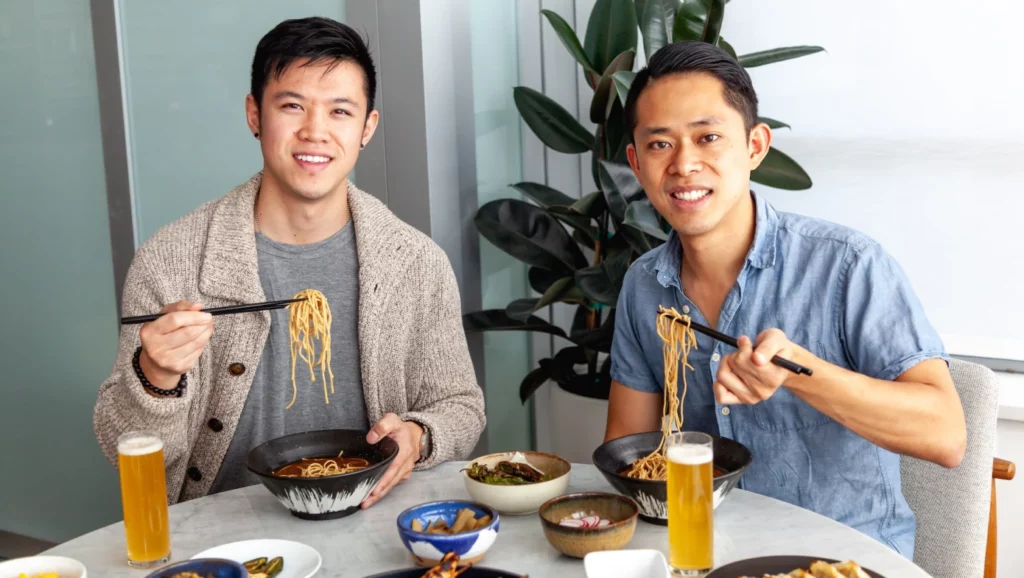

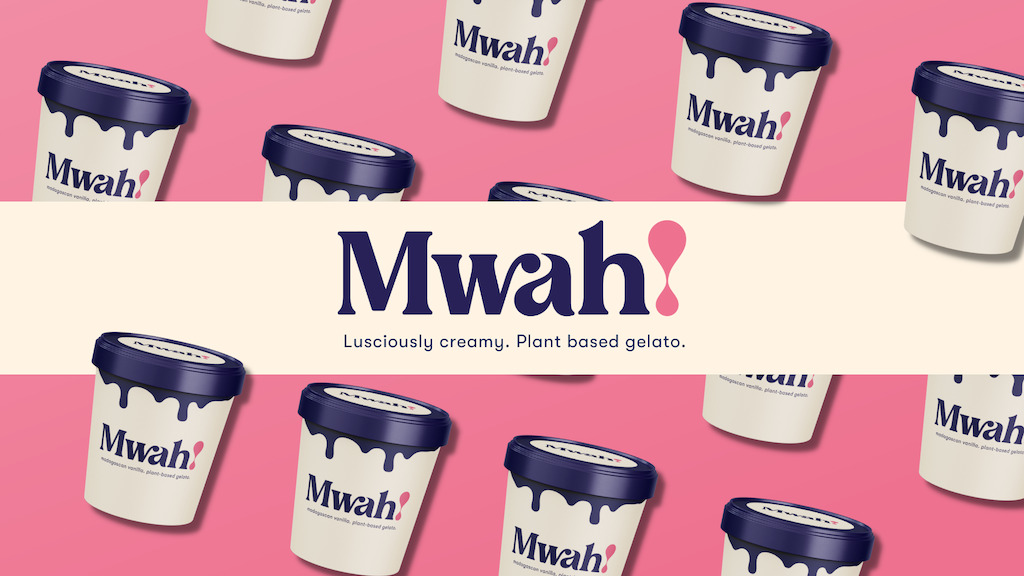

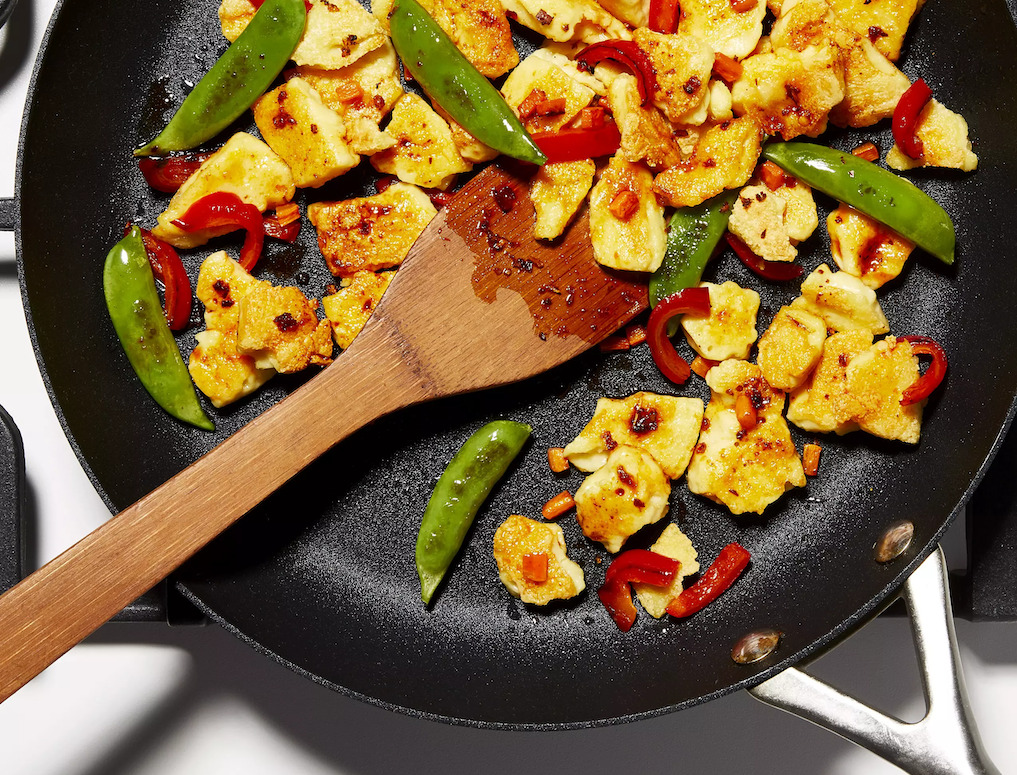
 , has debuted a new line of frozen breakfast ready meals dubbed JUST Egg Meals featuring vegetables mixed with bites of its JUST Egg folded products in what the company describes as “only fully plant-based breakfast options available at major retailers”. The range will roll out at Whole Foods Market stores across the country this month, followed by a wide selection of other retailers over the next months.
, has debuted a new line of frozen breakfast ready meals dubbed JUST Egg Meals featuring vegetables mixed with bites of its JUST Egg folded products in what the company describes as “only fully plant-based breakfast options available at major retailers”. The range will roll out at Whole Foods Market stores across the country this month, followed by a wide selection of other retailers over the next months. 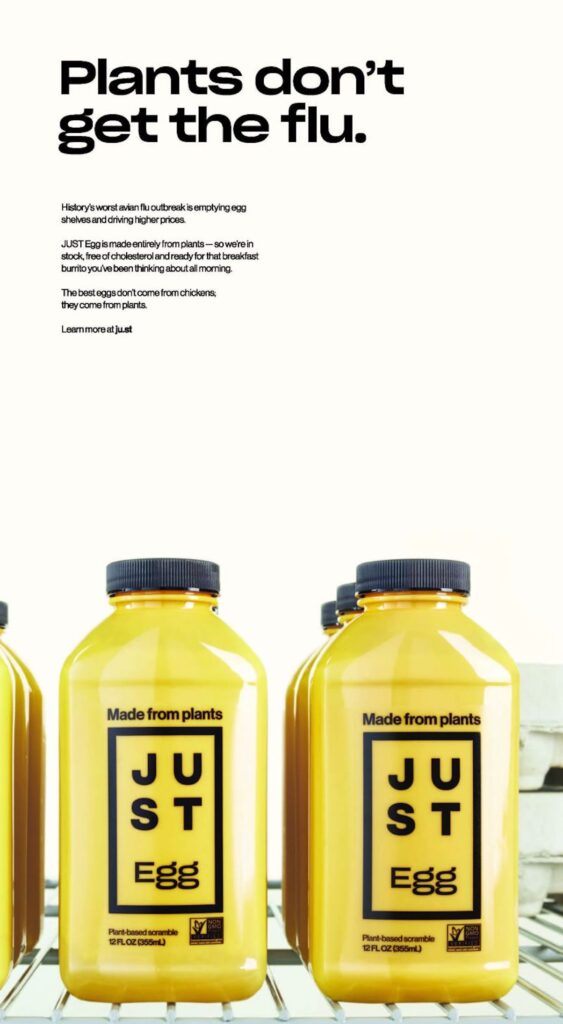
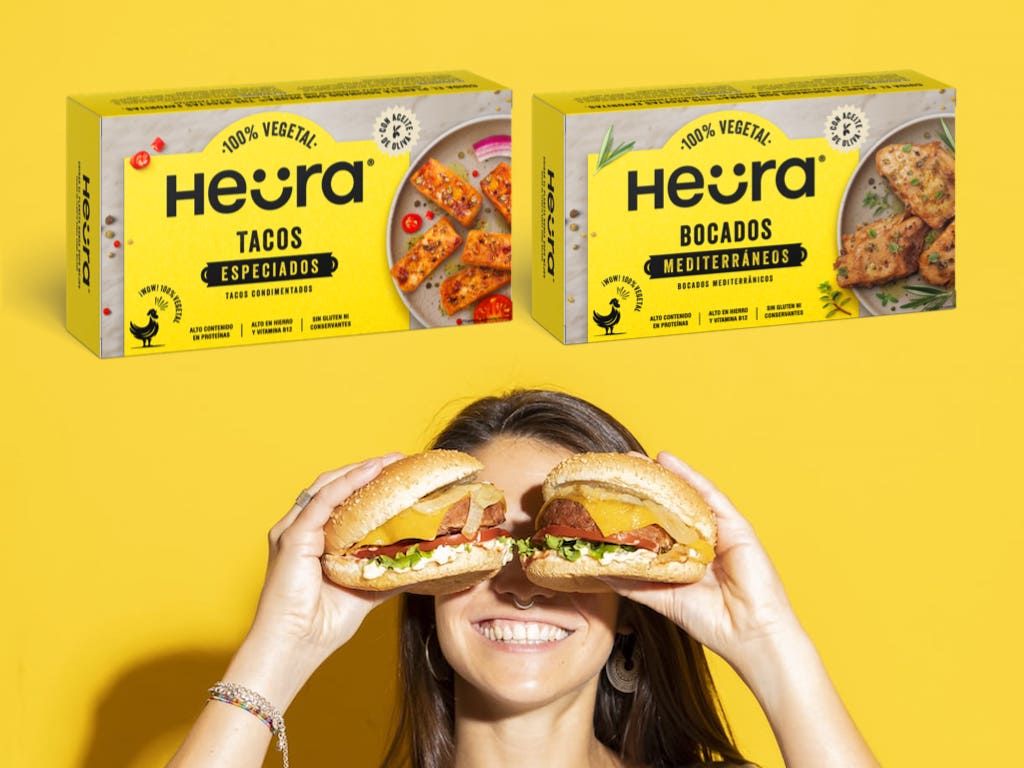
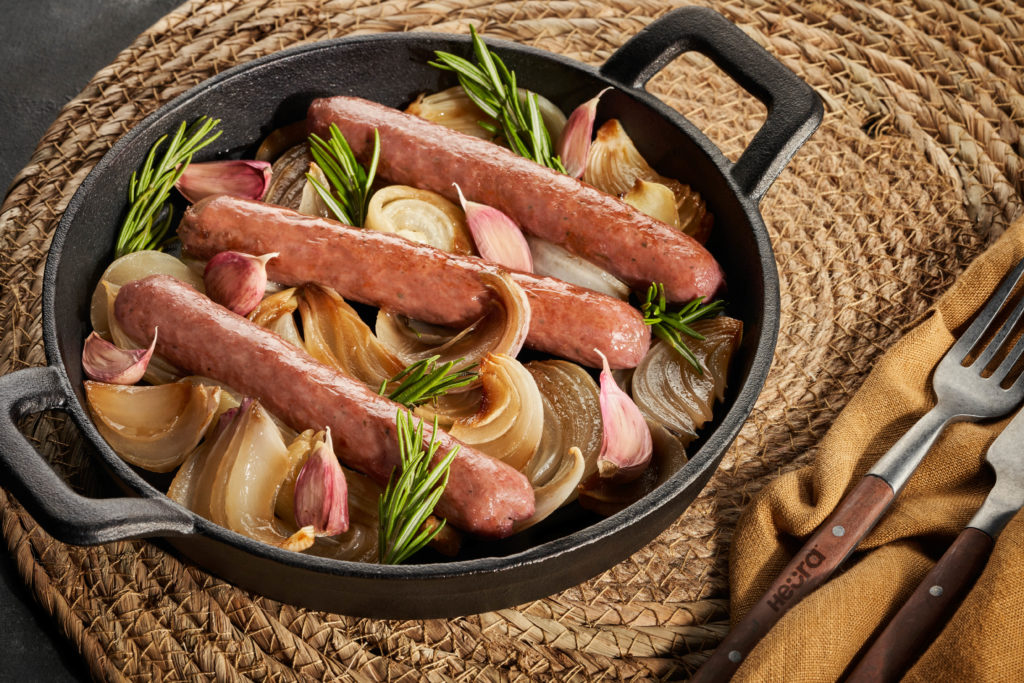
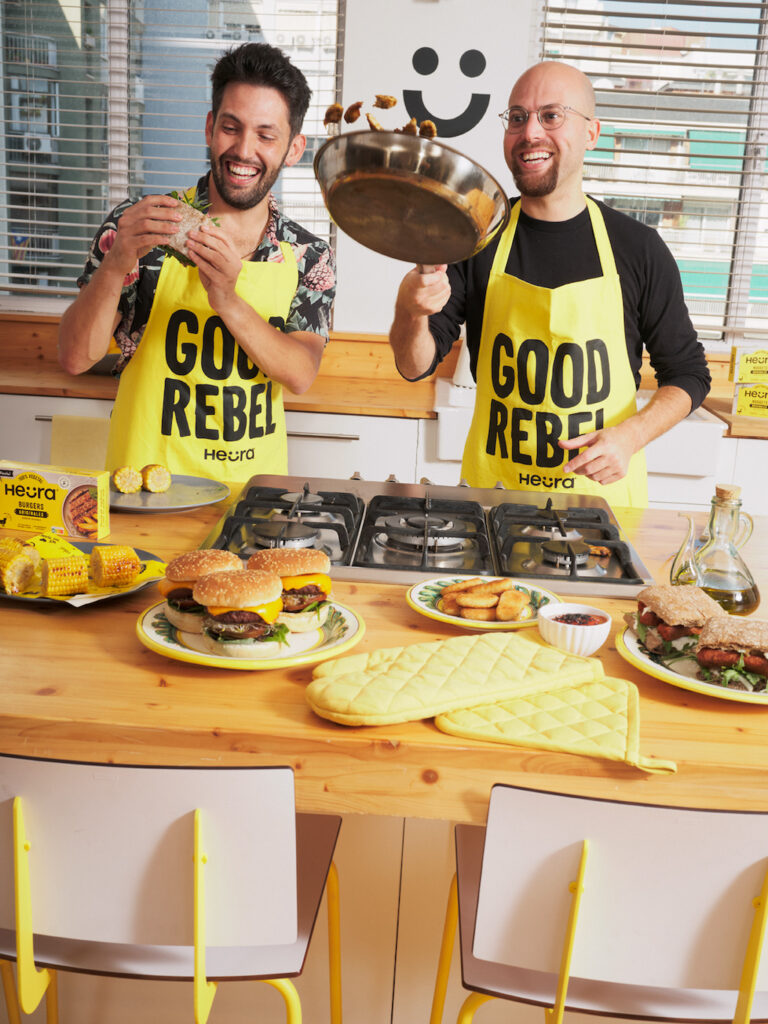
 (@starbucksde)
(@starbucksde)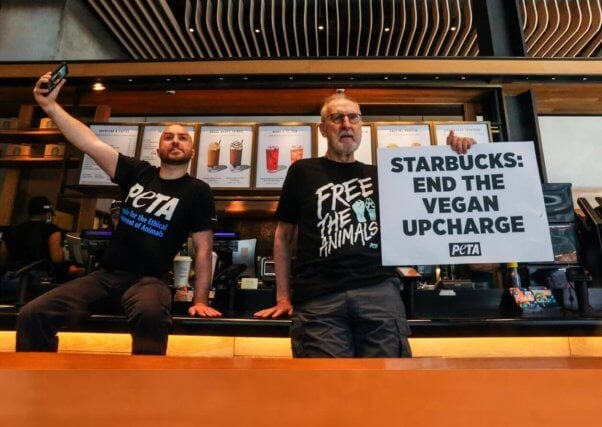
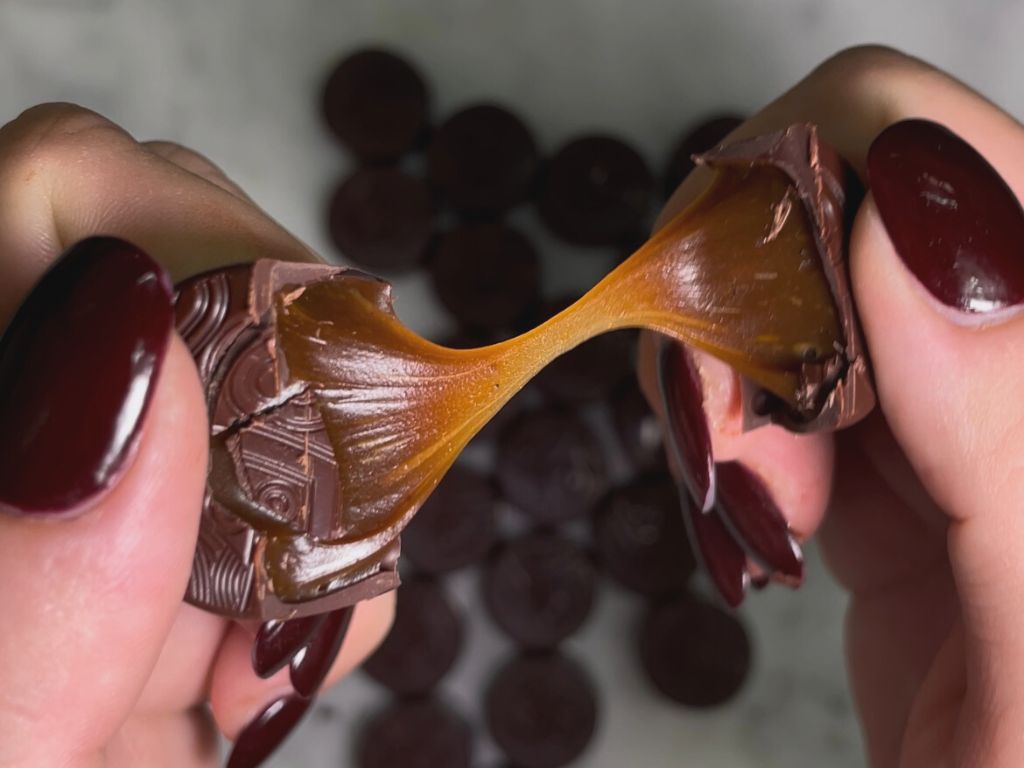

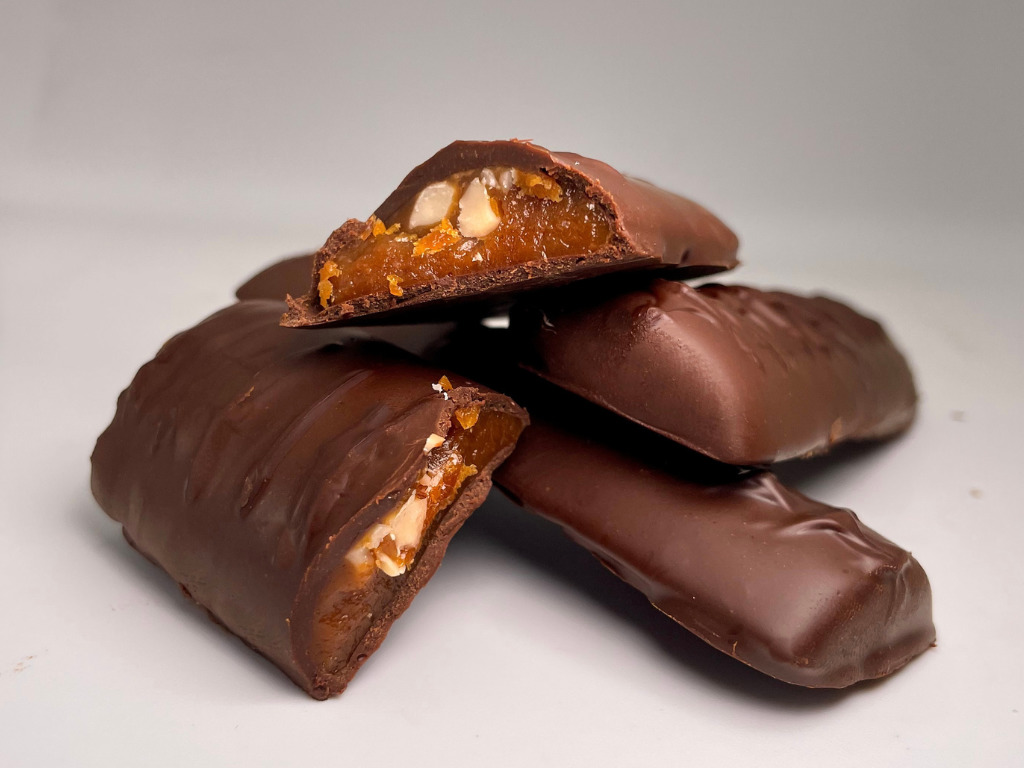
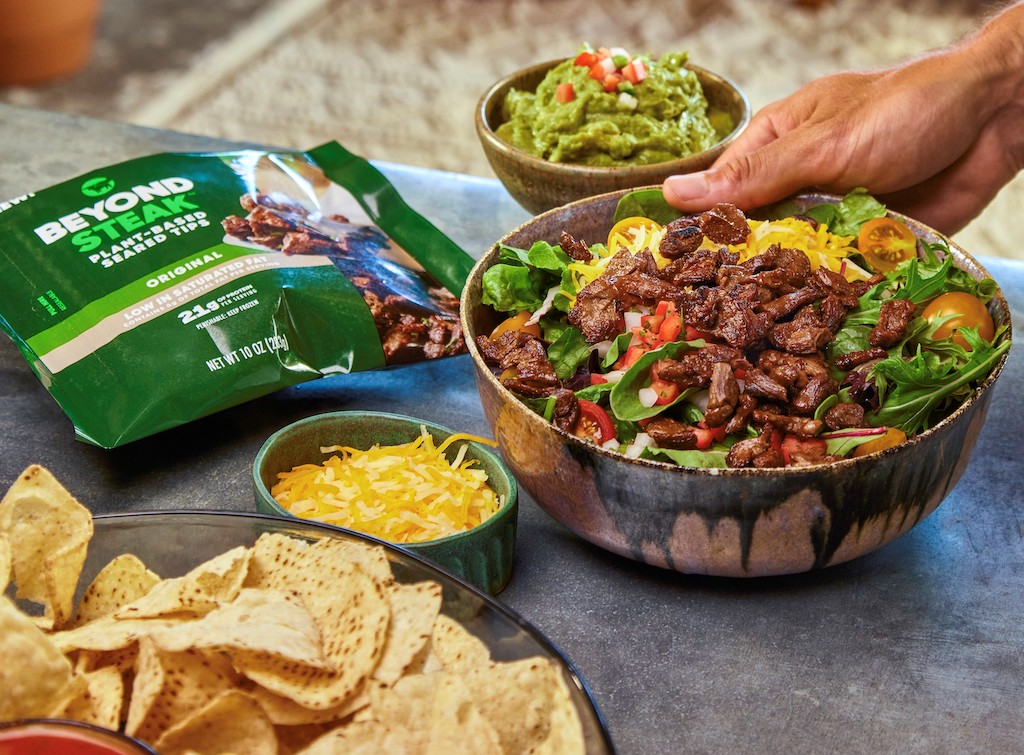
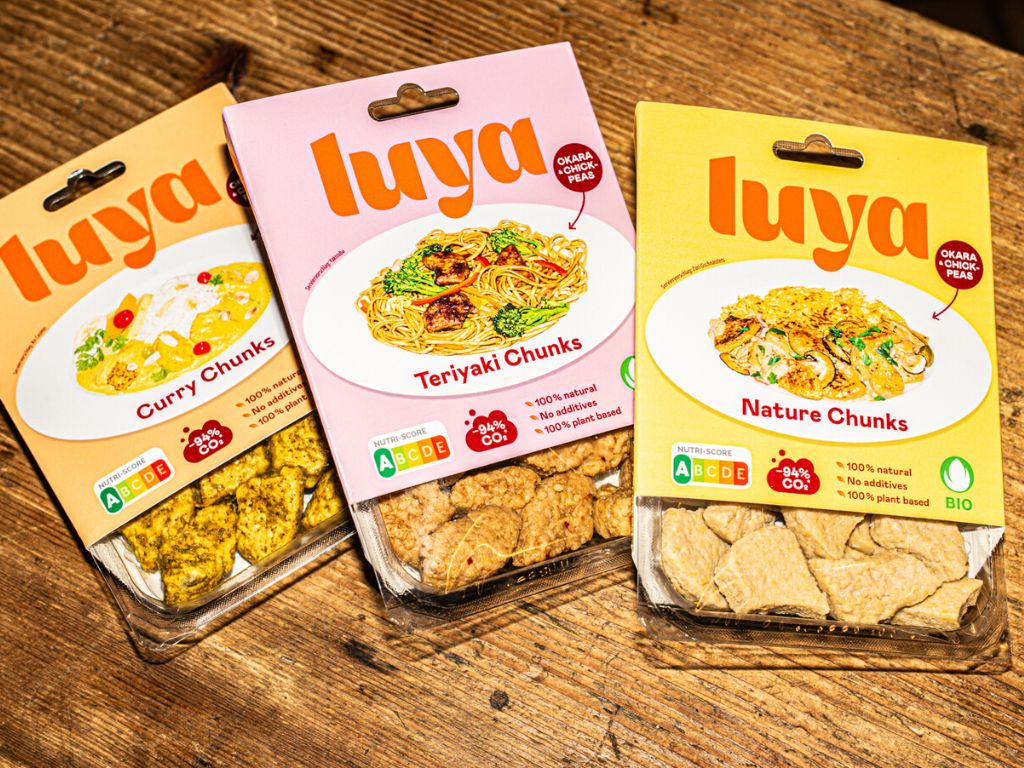
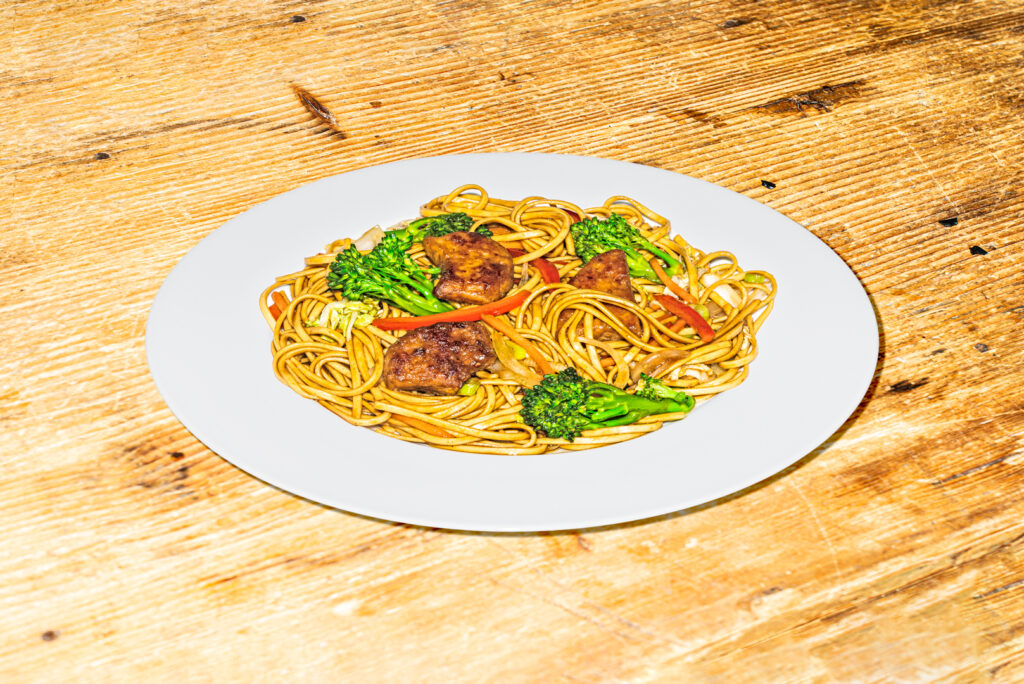
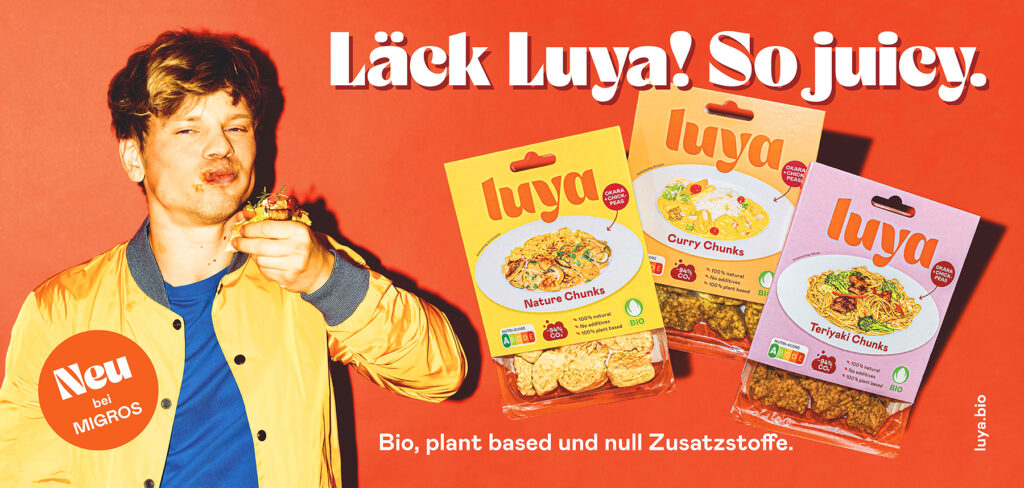
 (knocked down in full)
(knocked down in full) (knocked down in part)
(knocked down in part) (knocked down in part, remainder still pending)
(knocked down in part, remainder still pending)